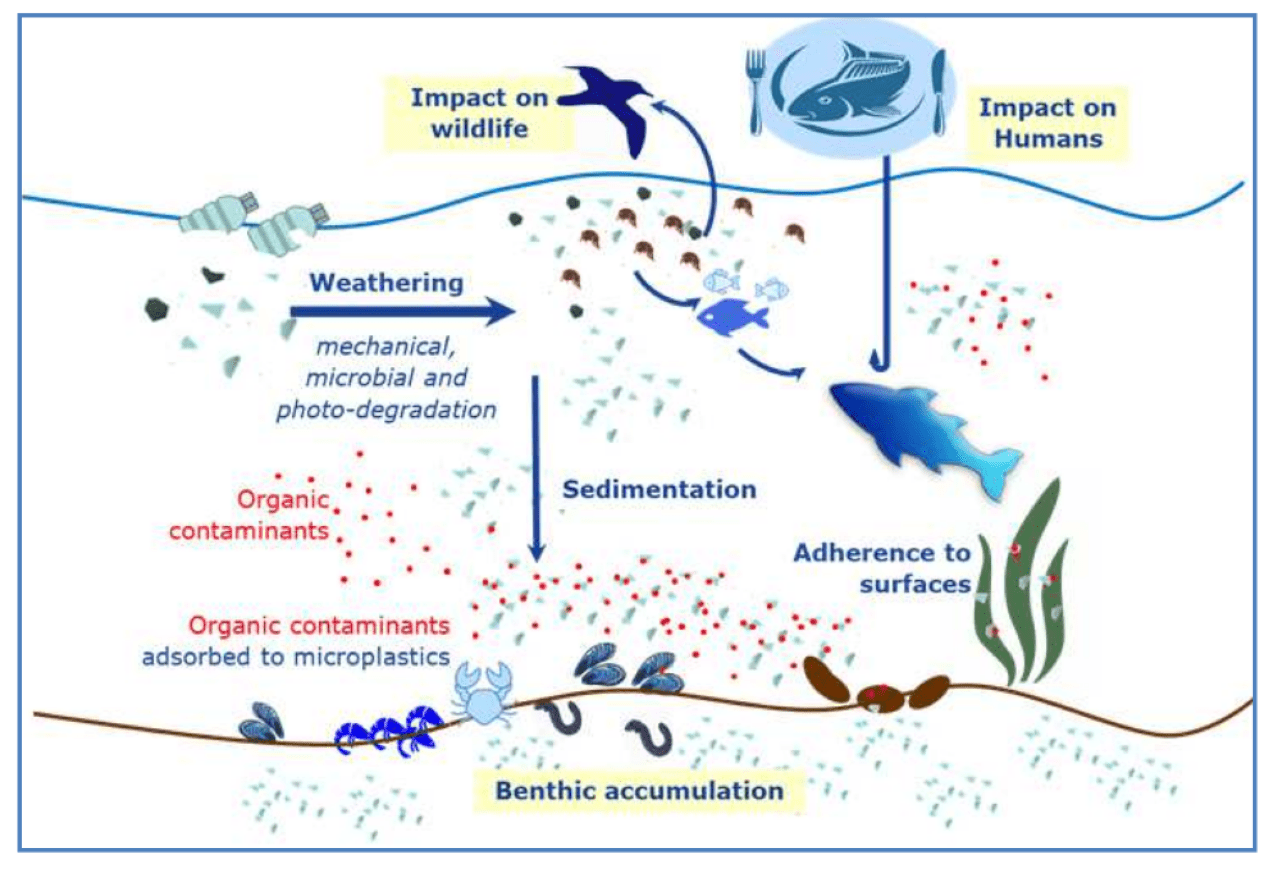
AmCham EU unveils position paper on the future of life sciences in the EU
The American Chamber of Commerce to the EU (AmCham EU) urges the EU Commission to develop a comprehensive and inclusive Strategy for European Life Sciences. This strategy should be built through collaboration with all stakeholders and must aim to enhance innovation, reinforce Europe’s global competitiveness, and ensure long-term sustainability while reducing regulatory burdens.





